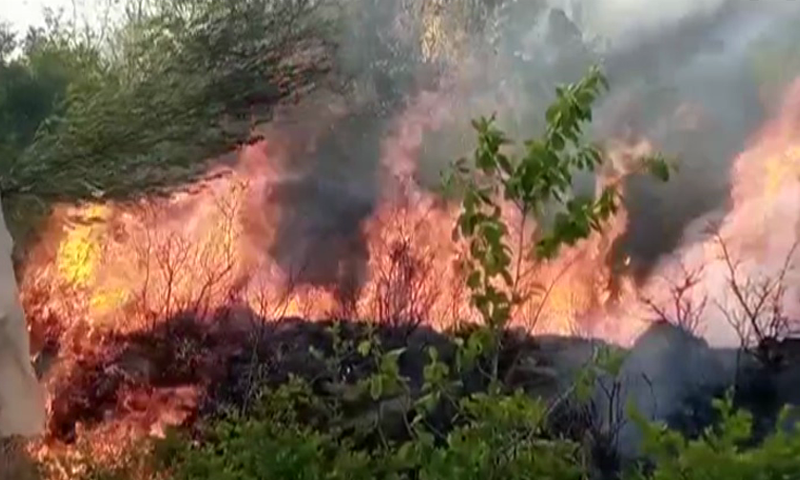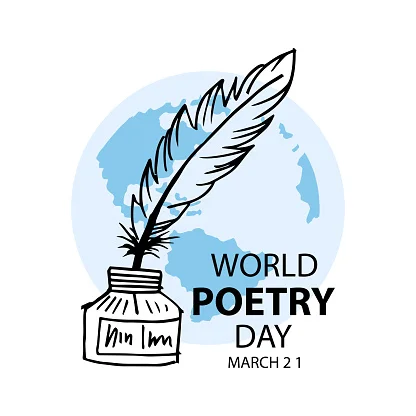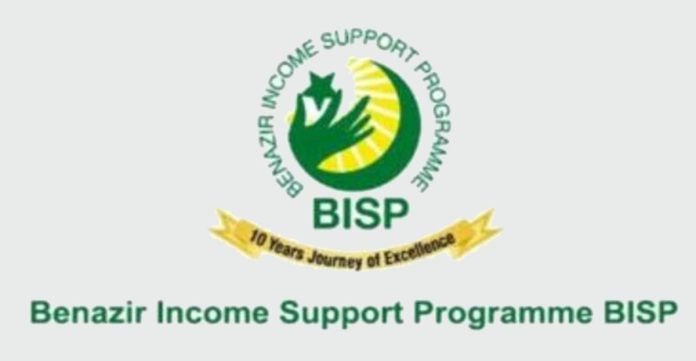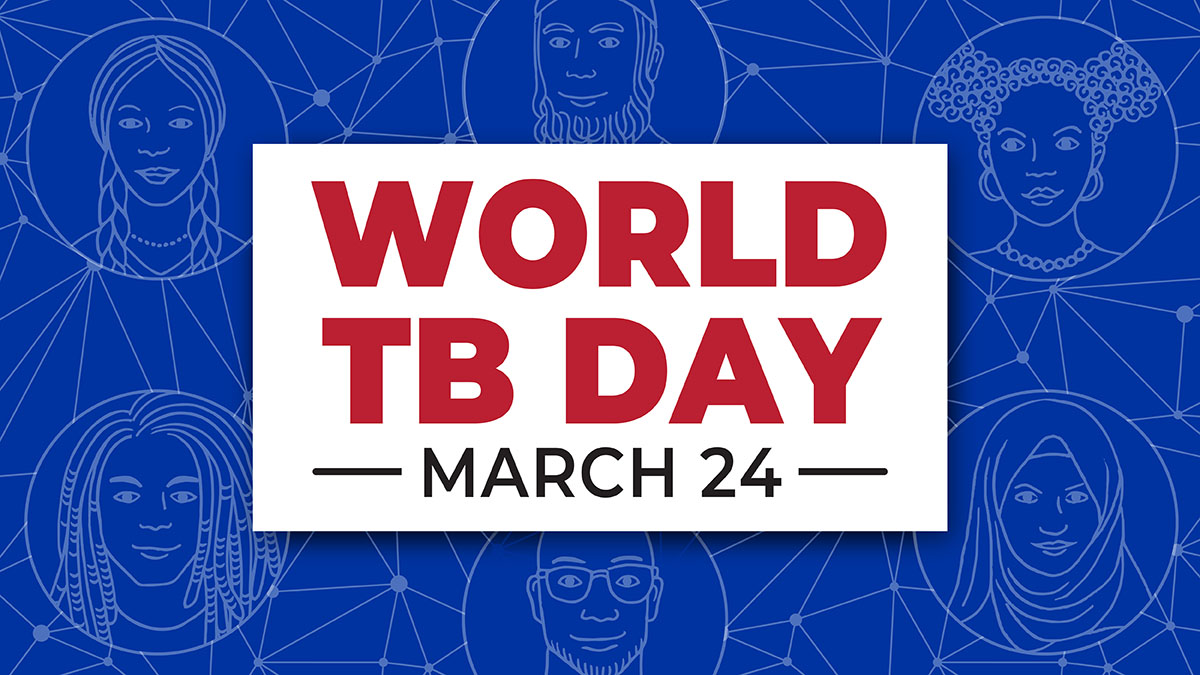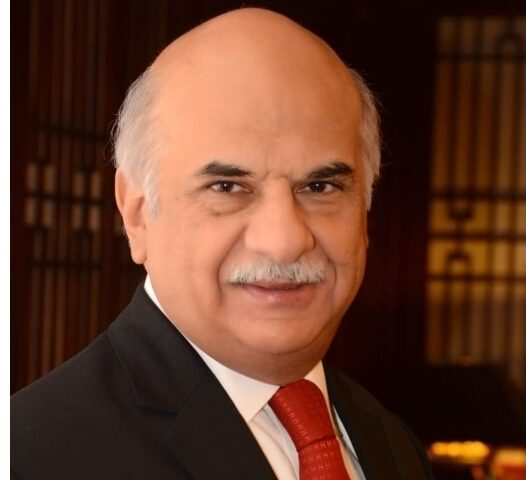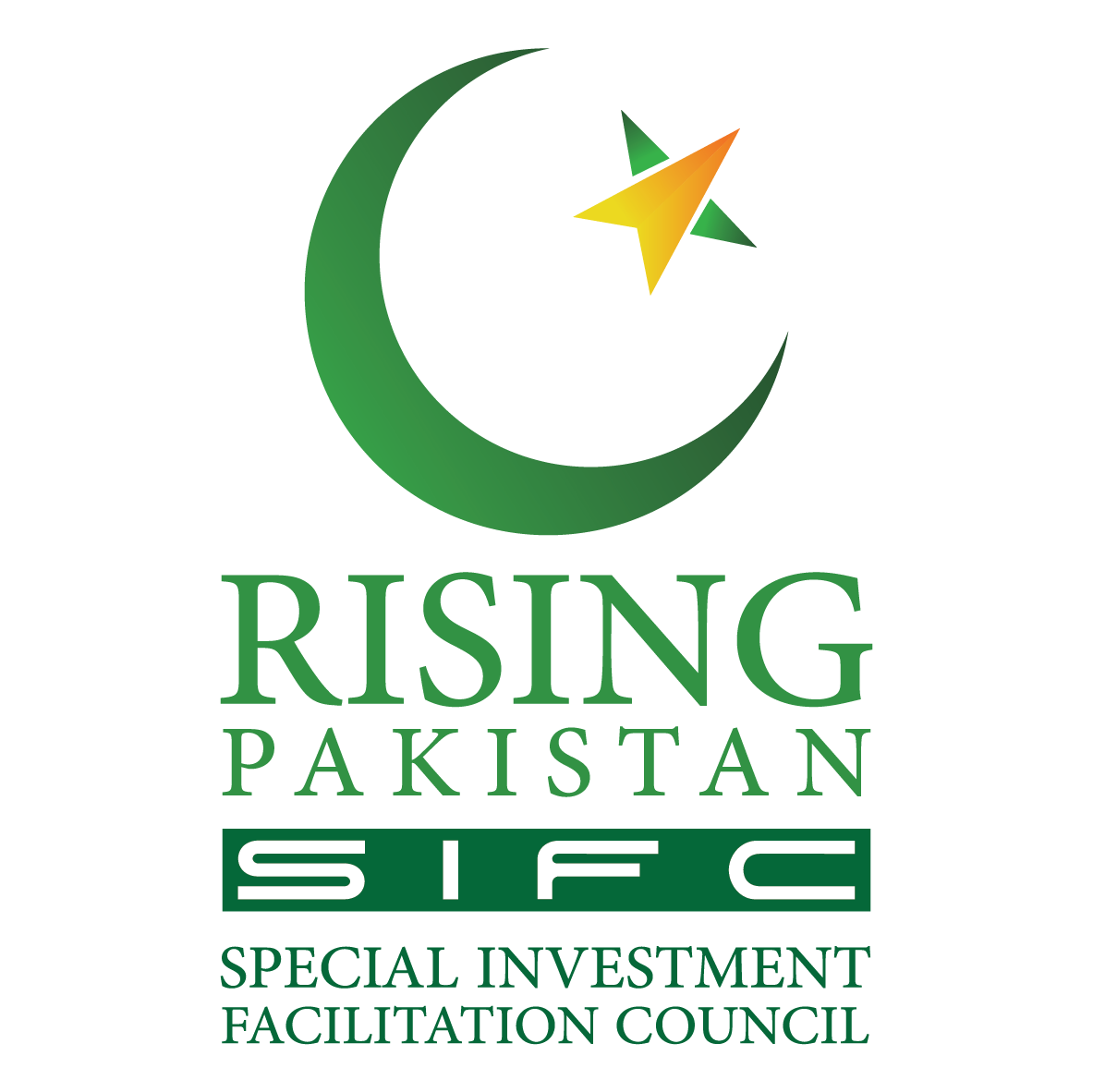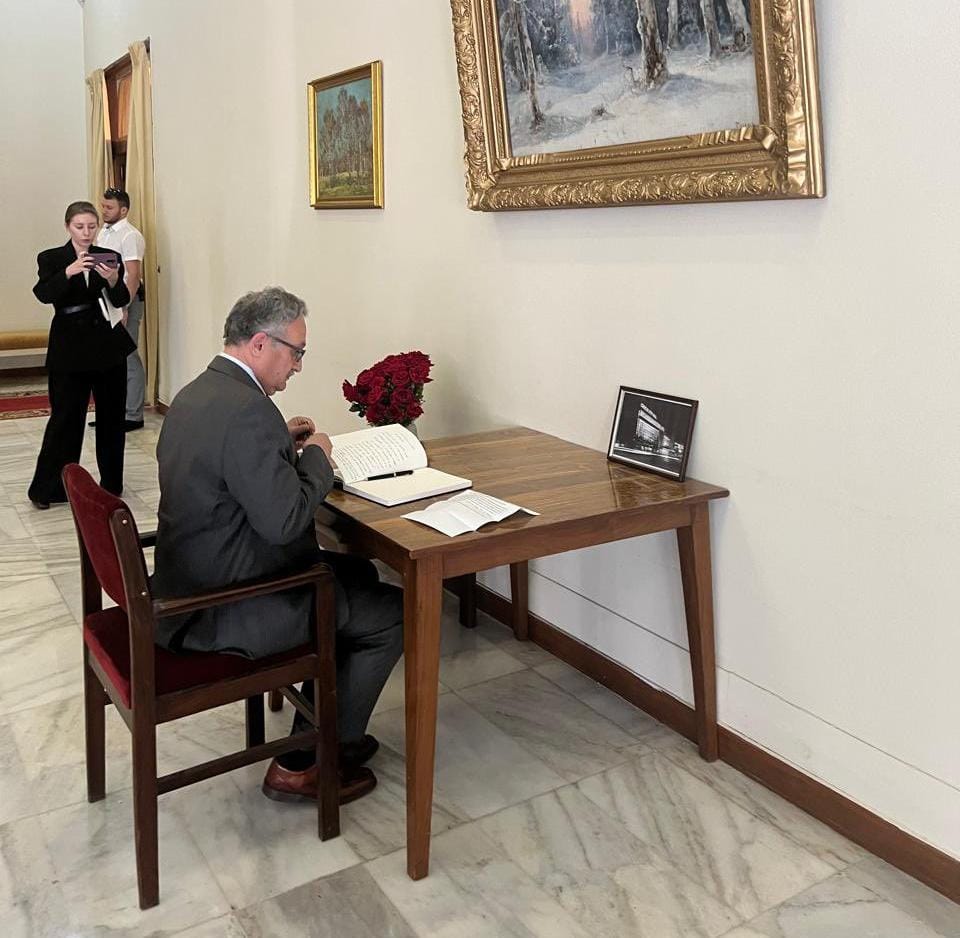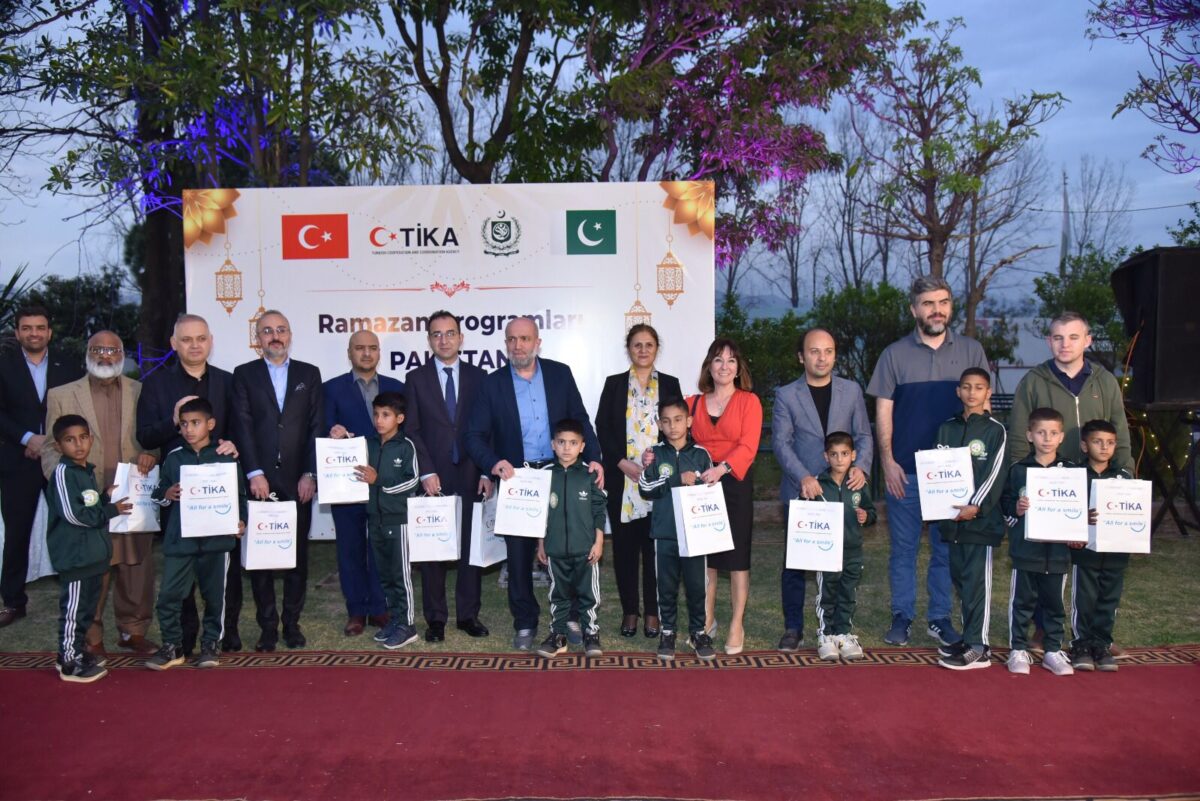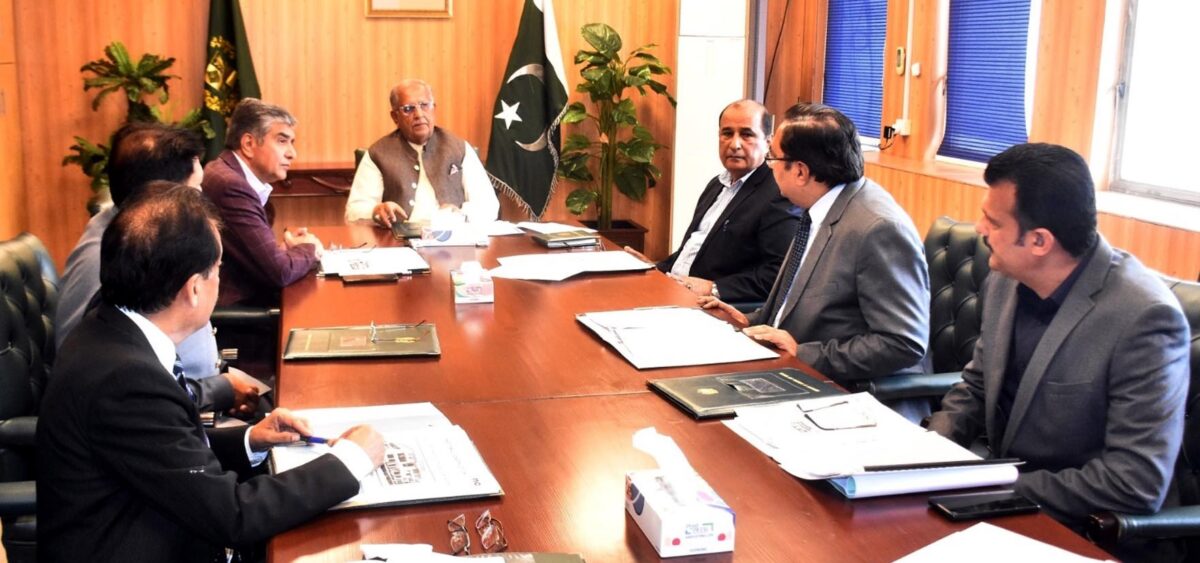ISLAMABAD, Mar 21 (APP): World Poetry Day was observed on March 21 across the globe including Pakistan to appreciate and support the poets and poetry around the world.
World Poetry Day is an invitation to reflect on the power of language and the full development of each person’s creative abilities.
In her message on World Poetry Day, Chairperson Pakistan Academy of Letters (PAL) Dr. Najiba Arif said that poetry was a spiritual ability that harnesses the inner consciousness of an individual and making it more effective at both individual and social level. She said poetry is a platform for discovering the hidden possibilities of a person.
Quoting renowned Sufi saints and poets, such as Baba Bulleh Shah, Sachal Sarmast, Lal Shahbaz Qalandar, Sultan Bahu, Khwaja Fariduddin Ganjshakar and Mian Muhammad Baksh, scholar Dr Sadia Kamal highlighted the impact of their teachings on their followers and said, “Their teachings and poetry were not restricted to a certain religion. Followers of all religions still visit their shrines to pay their respects”, she added.
World Poetry Day is meant to support poetry, return to the oral tradition of poetry recitals, promote teaching poetry, restore a dialogue between poetry and the other arts such as theater, dance, music, painting and so on, support small publishers and create an attractive image of poetry in the media so that the art of poetry will no longer be considered an outdated form of art but one.
World Poetry Day is an opportunity for children to be introduced to poetry in classrooms. It is a time when classrooms are busy with lessons related to poetry, in which students examine poets and learn about different types of poetry.
Every year on 21 March UNESCO celebrates the World Poetry Day. A decision to proclaim 21 March as World Poetry Day was adopted during the UNESCO’s 30th session held in Paris in 1999.
According to the UNESCO’s decision, the main objective of this action is to support linguistic diversity through poetic expression and to offer endangered languages the opportunity to be heard within their communities.
